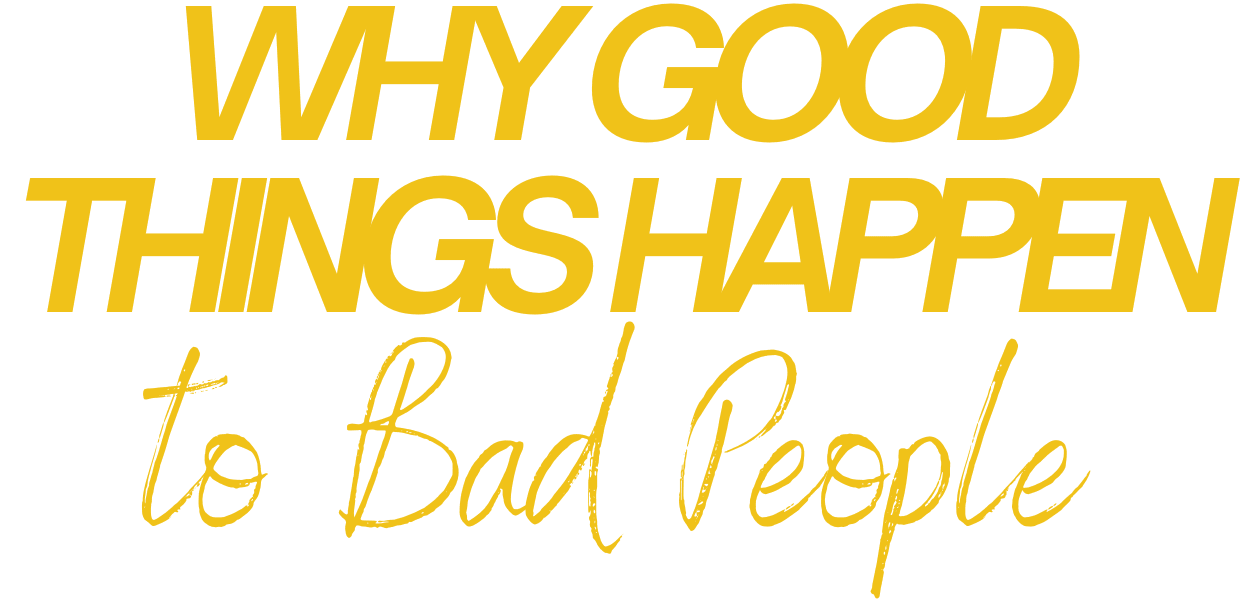
The Gardener and the Soil

“It is the dirt that nourishes the rose.
The decay that feeds the fruit.
The darkness that teaches light how to shine.”
— Vu M. Do, Why Good Things Happen to Bad People
Vu is neither a saint nor a scholar—just a quiet man with calloused hands and a heart attuned to the whisper of leaves. While others chase noise and news, he listens to the silence between breaths, where the world speaks softly. He keeps company with his Japanese maples, the gentle breath of morning mist, and the steady pulse of life waking in the soil.
Each morning before the city wakes up, he brews a pot of green tea. Steam rises from the cup in sync with his slow breath. Holding the warm cup, his eyes wander. Thoughts come and go. He watches them drift past like clouds across a peaceful sky.
After finishing his tea, he walks barefoot into his garden, grounding himself with the earth. The soil greets him cool and damp beneath his feet—alive, breathing, humming with unseen movement. The scent of decay—what others call filth—fills the air. To Vu, it is sacred. It is the perfume of life renewing itself.
Every wound he bears—every loss, betrayal, heartbreak—nourishes him. Each pain softens his pride, deepens his understanding, and opens his heart a little more. What once stained his spirit now becomes the foundation of his soul.
By “bad,” it doesn’t mean evil. People who stumble, bleed, break, and somehow keep loving through it all.
He writes:
The good fruit of the soul grows in the compost of suffering. Without pain, wisdom has no soil to root in.
At dusk, the maple leaves shimmer with orange light. He smiles and softly says, “Without decay, there is no growth. Without night, no dawn.”
That summer, he prays not for comfort but for openness and strength for the courage to let beauty and pain both do their sacred work.
He seeks neither followers nor fame. Shares his tea with the wind in his garden and lives peacefully in his meditation. His wisdom comes from being grounded in the earth. “From the dirt,” he says, "the thing I once thought had no value.”
Reach Out Today
Dive into philosophical conversations and explore moral nuances with me. Use this form to begin your literary journey or discuss insights from my book.An email will be sent to the owner
Contact Me
Send us an email
[email protected]